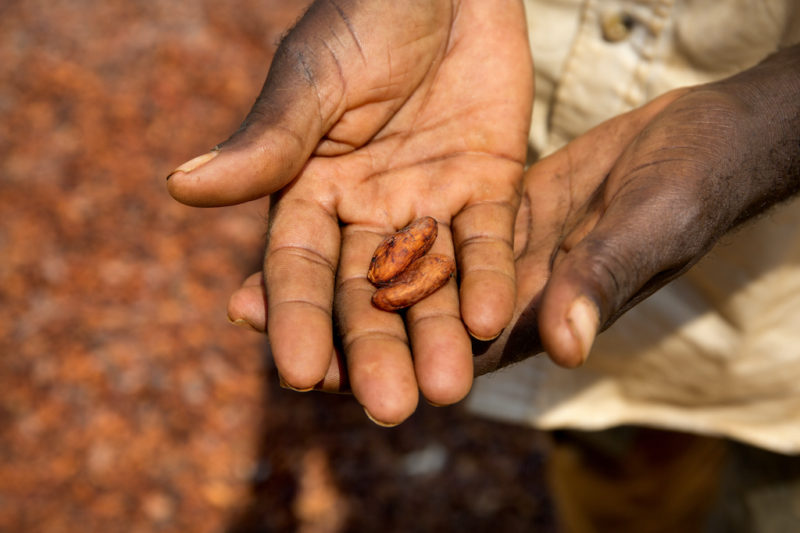Oxfam report on Ghana farmer earnings places pressure on sector sustainability

Reis Ghana, van 23 tot 27 januari 2017
The latest report from Oxfam in the past week highlighting the plight of cocoa farmers in Ghana amid the impact of the present global cost of living crisis is particularly concerning to discover.
According to the charity’s latest analysis, the country, which alongside its neighbour Ivory Coast accounts for two thirds of the industry serving the international chocolate sector, agricultural workers in sector are 16% worse off since the start of the pandemic in 2020.
To place this in context, they were earning, in many instances, below UN defined poverty levels prior to that period, with Covid-19 and subsequent negative pressures on crop prices and fertilisers only resulting making the situation even more challenging for them.
While there are some bright rays of hope in the country, such as Koa’s operations to build new cocoa processing facilities in the country in a bid to drive greater rewards for farmers, the overall picture is especially troubling.
As has been noted, the exact number of farmers across the two nations has not been formally confirmed, but there are thought to be at least several million people in the industry, who remain reliant on 1.5 million children being exposed to varying degrees of hazardous labour – which regional governments, key industry businesses remain committed to tackling.
But the scale of the issue remains vast – the only sector study to put a public sum on the income gap faced by cocoa farmers is that conducted by Mondelez in 2020, which found that the industry needed to be paying agricultural workers roughly $10 billion more annually in West Africa to draw its workers up to a sustainable standard of living. Without this happening, the industry as we know it faces the very real prospect of spiralling into severe decline, unable to deliver sufficient financial yields for those at the sharp end of the sector.
So what exactly are the major confectionery and cocoa companies doing in response? Well, in truth there has been genuine collective effort placed into tackling the major issues of tackling child labour, pay and wider social conditions including raising educational and farming standards in the region over the past two decades, but levels of poverty remain depressingly widespread.
As many observers have noted – the only real solution to delivering long-term sustainability for the industry, is for the sector to collectively be paying a notable level more for its crops, which seems a highly unlikely situation given the global shareholder structures in place, linked to commodity trading internationally, which have seen farmers gain a particularly poor share of the industry’s multi-billion profits.
The measures that many firms have put in place in recent years have demonstrated a desire to try and impact positively on the situation, but without major collective action – including further financial measures, then sustainability is likely to remain sadly out of reach for the region without such urgent systemic interventions from government, civil society and industry working in tandem.
Neill Barston, editor, Confectionery Production
- Keep in touch at [email protected] or via social media: @confectionprod



